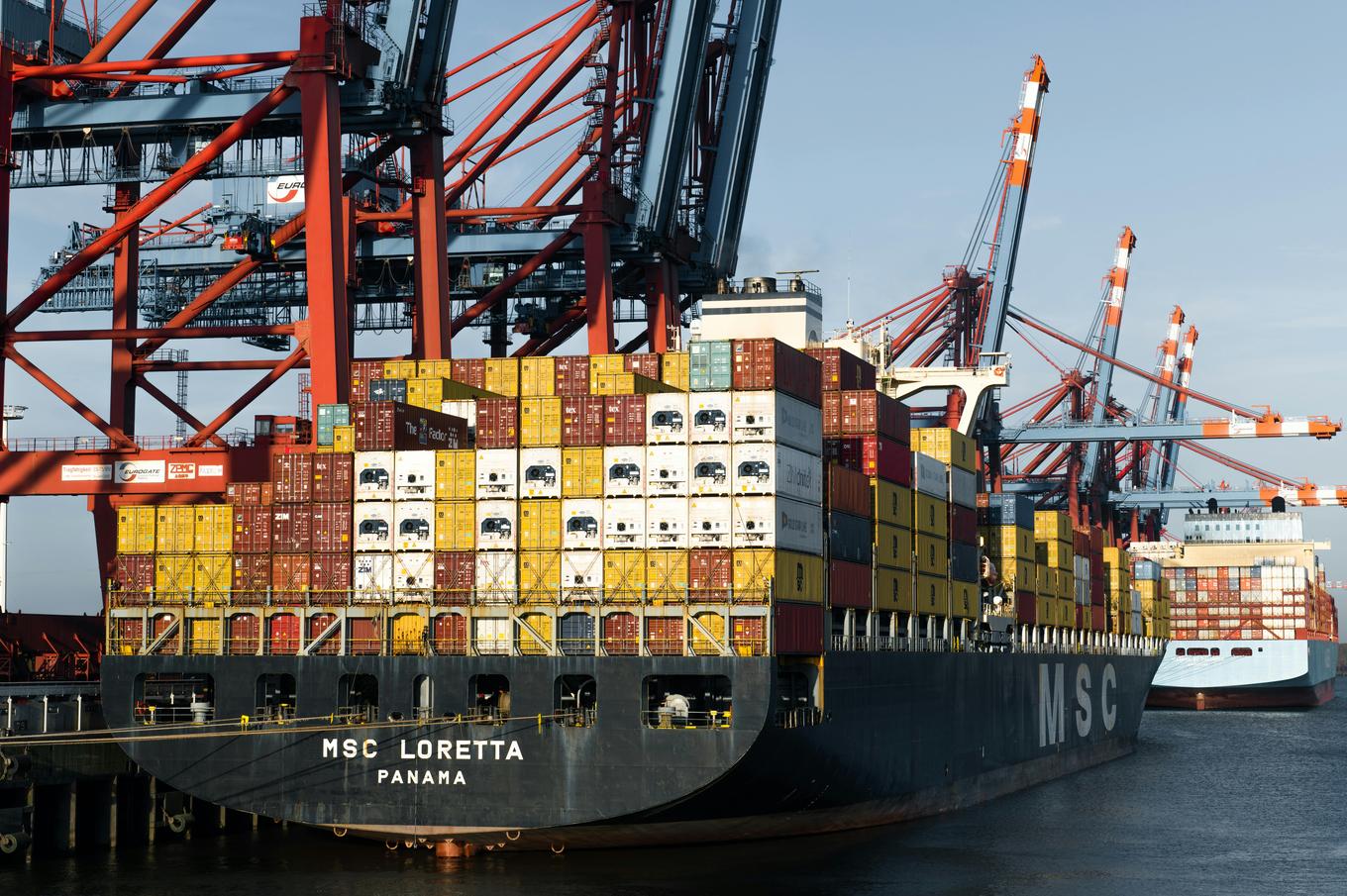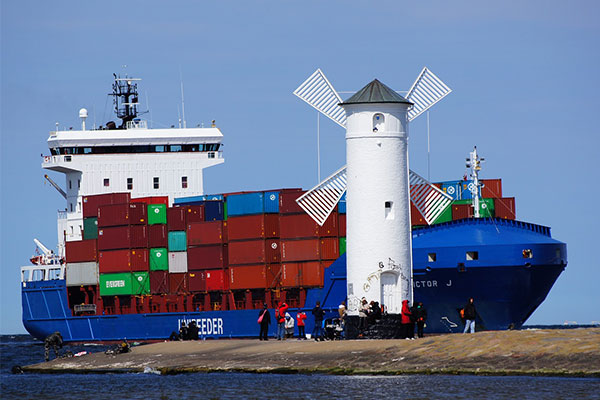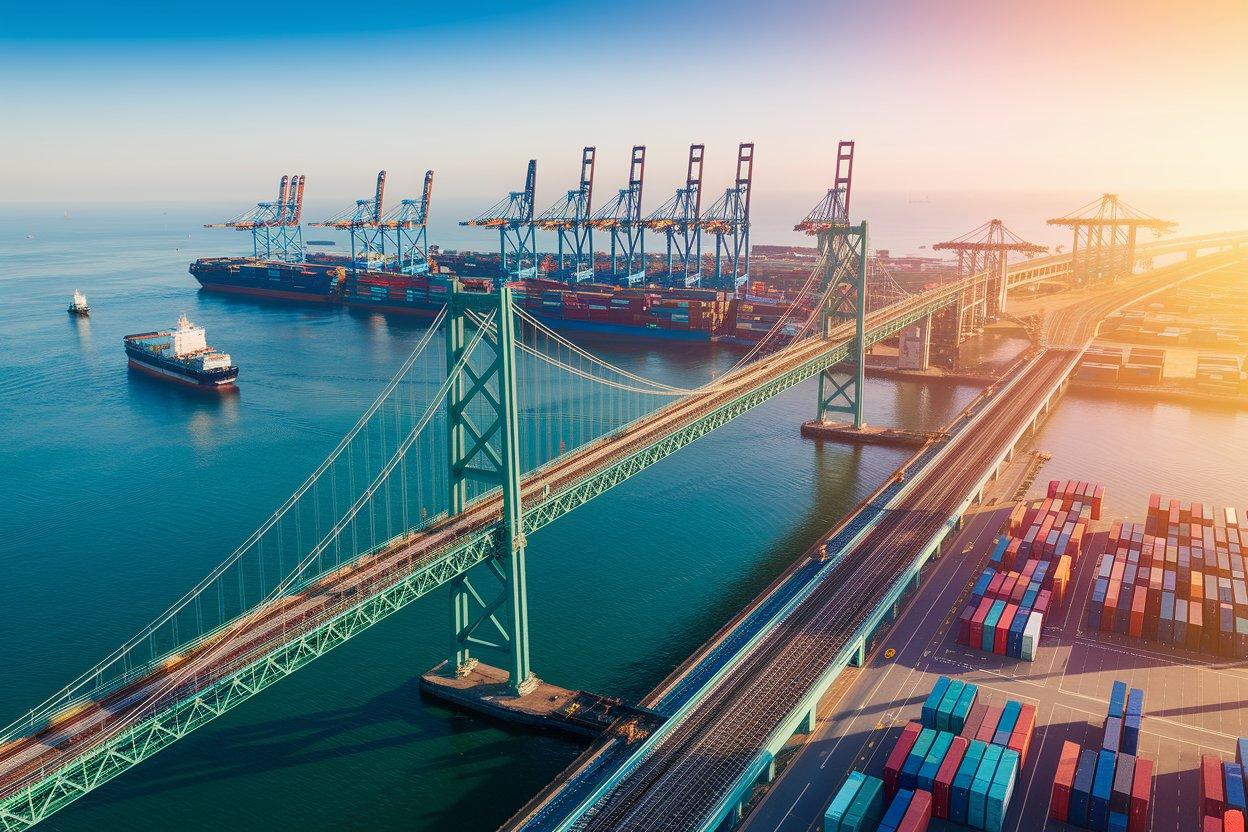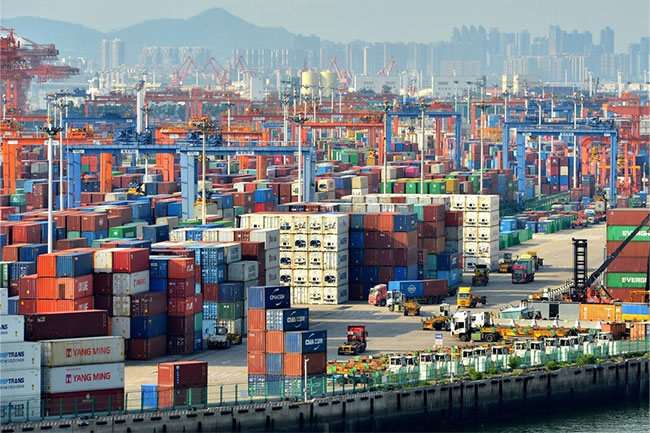- Shanghai Zhongshen International Trade Co., Ltd. - Two decades of trade agency expertise.
- Service Hotline: 139 1787 2118

Contents
Toggle1. What qualifications must an agency possess to be considered legal and compliant?
According to the latest statistics from the General Administration of Customs of China in 2022, the country hasimport and exportThe number of enterprises with export rights has exceeded 560,000, but to actually engage in export agency business, they must meetDual Certification:
- Basic Qualifications:
- Customs AEO Certified Enterprise (priority given to Advanced Certification)
- Enterprises listed in the Foreign Exchange Administration Directory
- (The new version in 2025 has integrated the tax filing function)
- Value-added Qualification:
- Special Industry Export License (e.g.,Medical EquipmentRequires CFDA certification)
- International LogisticsInsurance Cooperation Qualification
- Cross-border payment license
2. Which clauses in an export agency contract are most easily overlooked?
Dispute data from the past three yearsforeign tradeDispute cases indicate that,40% of disputes stem from omissions in contract terms., with special attention to:
- Liability Allocation Clause: Clearly define the responsibility for cargo damage, customs clearance delays, and documentation errors.
- Cost Breakdown Terms: Requires specifying the cost composition under different trade terms such as EXW/FOB.
- Intellectual Property Clause: Stipulating the Joint Liability Compensation Mechanism for Infringement.
- Force Majeure Clause: Specific provisions shall be made for handling special circumstances such as wars and strikes.
3. How to verify the actual export capabilities of an agency company?
the evidence chain preservation strategyThree - Dimensional Verification Method:
- Customs Data Verification: Query the actual export records of enterprises through the China International Trade Single Window.
- Bank Statement Verification: Provide foreign exchange receipts and payment vouchers for the past six months (with sensitive information redacted).
- Key points for field investigation:
- Customs declaration operation team size
- ERP system docking ability
- Regulations on Bonded Warehouse Management
IV. What are the main tax risks associated with export agency services?
The latest inspection cases from the State Taxation Administration in 2025 indicate that common issues in export agency includeThree Major Tax Pitfalls:
- VAT Invoice Management: Avoiding Irregular Practices Such as "Invoice Trading for Export"
- Export DrawbackTime limit: A clear tax refund cycle must be agreed upon (recommended not to exceed 90 days).
- Foreign exchange verification process: Pay attention to the special requirements for cross-border RMB settlement.
5. How can small and medium-sized enterprises control the costs of export agency?
Through cost structure analysis, it was found thatHidden costs can account for up to 35% of total expenses., Suggestions:
- Establish a cost comparison table:
- Basic service fee (a reasonable range of 0.8%-1.5% of the cargo value)
- Documentation fee (RMB 50-200 per shipment)
- Inspection fee (300-800 RMB per time)
- Adopt tiered pricing: set prices based on annual export volume levels.
- Strive for payment term benefits: It is recommended to aim for a payment cycle of over 30 days.
VI. What are the special considerations for agency exports in emerging markets?
For emerging markets such as Southeast Asia and Africa, special attention should be paid to:
- Religious Taboos: For example, in the Middle East, Halal certification is required.
- Technical barriers: Most ASEAN countries require SNI certification.
- Payment risk: It is recommended to adopt a combination of LC + Export Credit Insurance.
- Logistics selection: Priority given to designated shipping companies (e.g., MSC has advantages on Mediterranean routes).
7. How to Establish an Effective Proxy Service Evaluation System?
Recommend evaluating fromFour dimensionsEstablish a quarterly evaluation mechanism:
- Operational Efficiency: Customs Declaration Accuracy Rate, Document Timeliness Rate
- Risk Control Capability: Success Rate of Claims Case Handling
- Cost Control: Period Expense Fluctuation Rate
- Value-added services: Overseas warehouse turnover rate, destination port service rating
Related Recommendations
? 2025. All Rights Reserved. Shanghai ICP No. 2023007705-2  PSB Record: Shanghai No.31011502009912
PSB Record: Shanghai No.31011502009912










